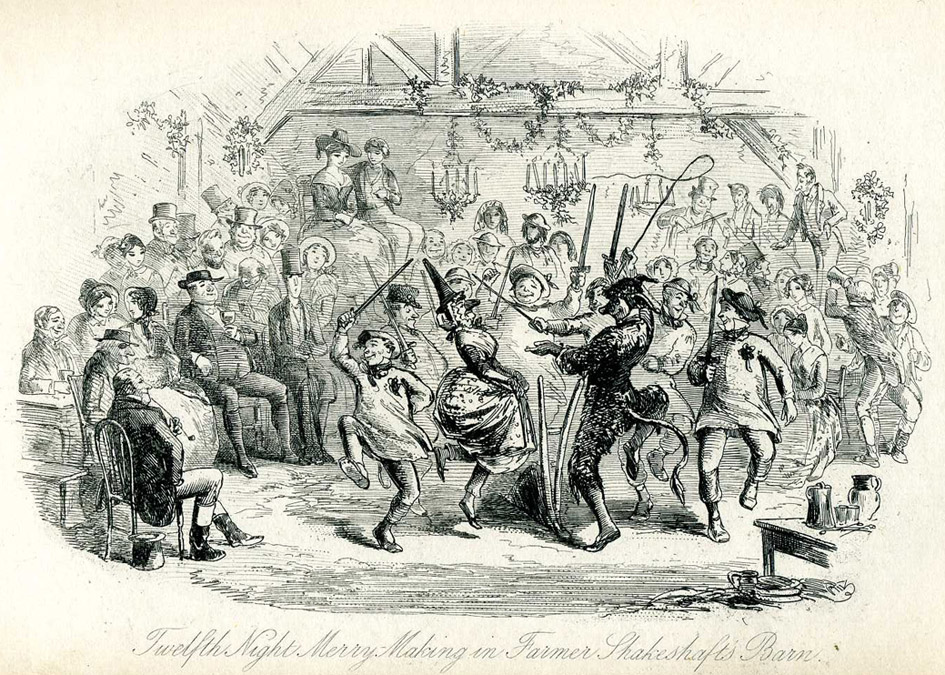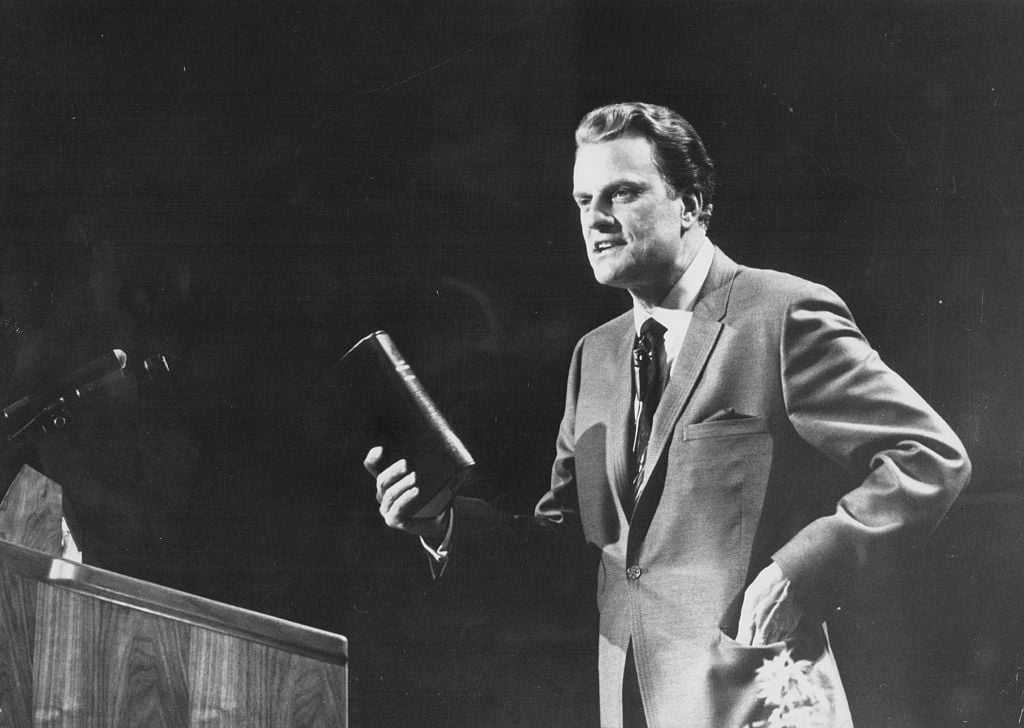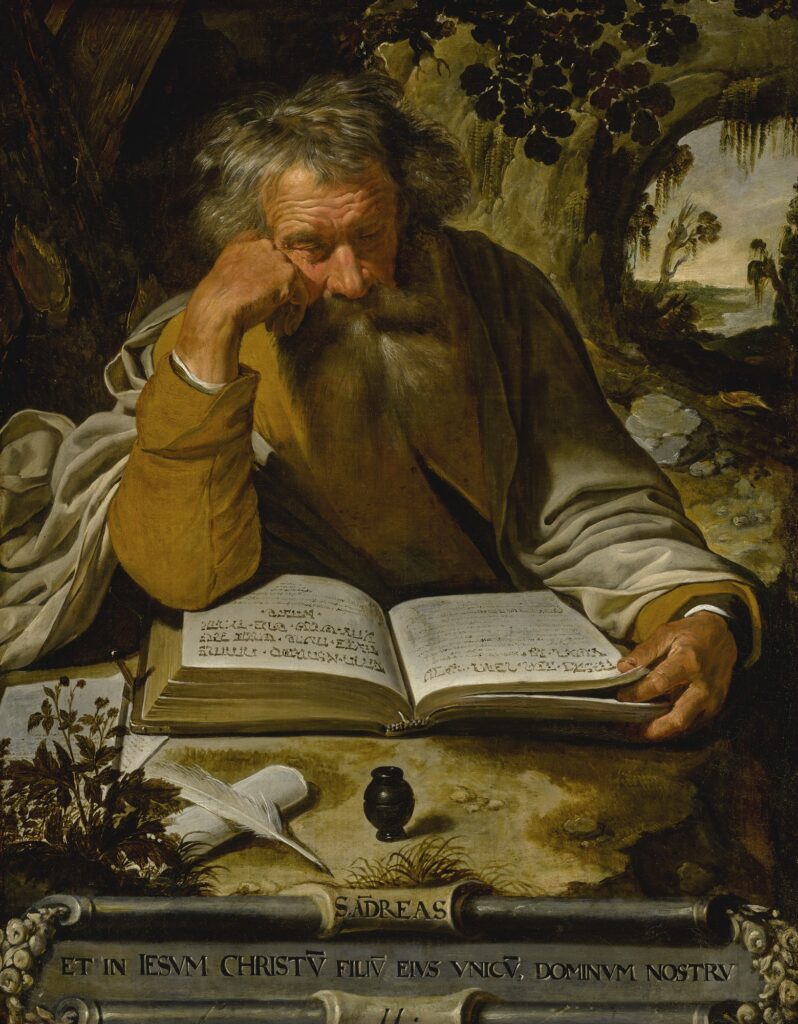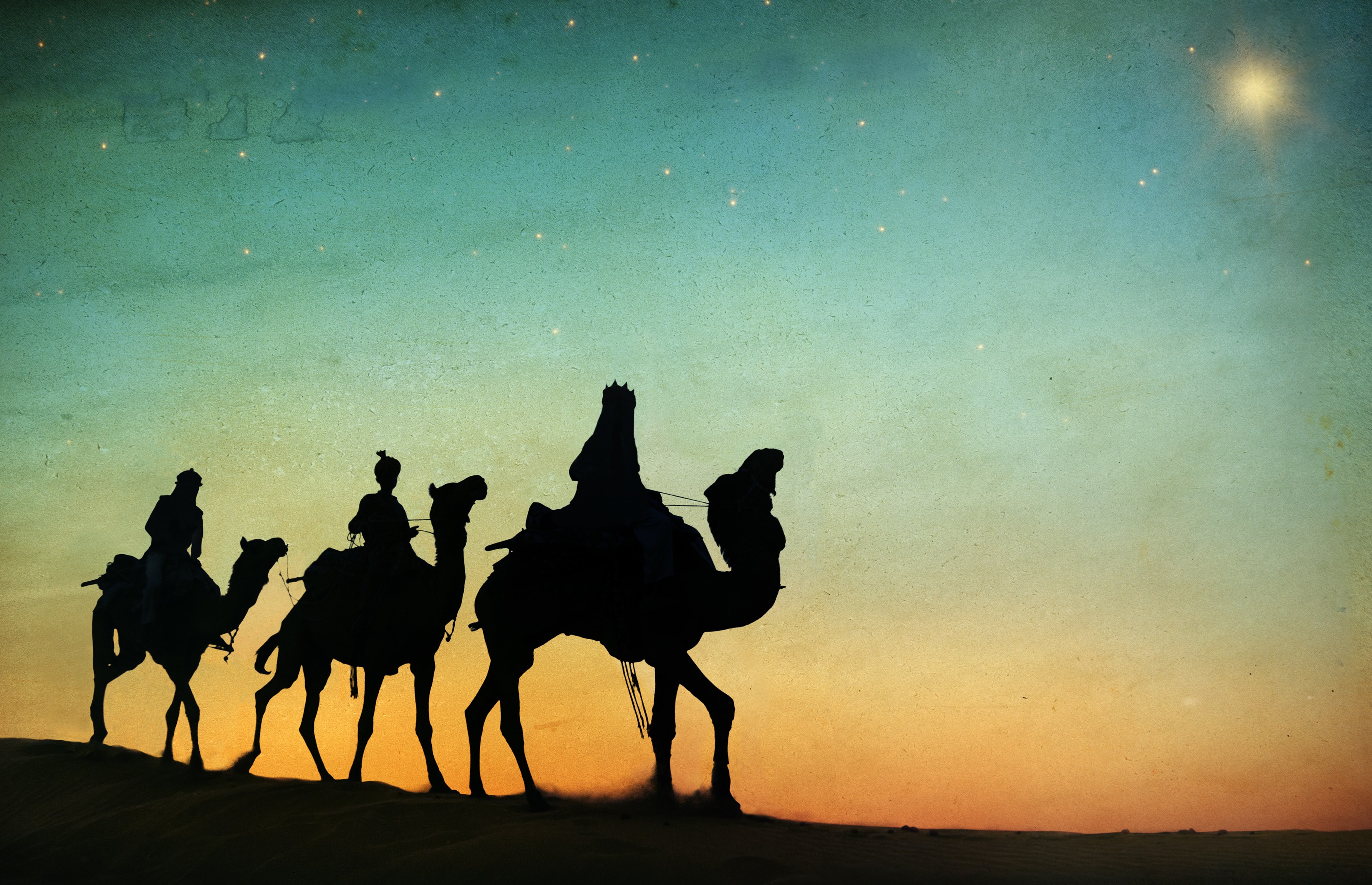* * * *

* * * *
Not long ago I published an eBook, 30 Years’ Feedback from God. Which has nothing directly to do with this post, but finishing it up freed me to start on my next book. For now I’m calling it, “My 2023 Hike on the Stevenson Trail in France.” (What the French call the GR 70.) Which got me thinking about past pilgrimages I’ve made – like hikes on the Camino de Santiago.
Which also got me thinking about “Lent as a Pilgrimage.” That’s when I found out I wasn’t alone in that thought. I’ve included four links in the Notes – from which I’ll borrow here – and they all point to the wisdom of Psalm 84:5, that happy are those whose “hearts are set on the pilgrims’ way.” And here are some nuggets from those links: First, that “pilgrimage” is not some abstract idea or concept. Instead it’s a “deeply fitting idea for this time of Lent:”
A pilgrim is someone on a journey – a journey away from a place of comfort and familiarity on the way toward unknown places of both possibility and challenge.
For many of us, Lent is definitely a time of challenge, discomfort and the unfamiliar. (Though for some reason I’ve come to enjoy the idea of Lent.) On that note, in Lent we “intentionally break away from our normal routine of daily life” – with all its trivialities – and focus on the spiritual. “In other words, Lent is a pilgrimage – a spiritual pilgrimage to the Cross.”
Which you could say describes every Christian pilgrimage.
Which brings up some of the Christian-pilgrim hikes that I’ve done so far; five of them now. (The latest was that 2023 hike on the Stevenson Trail in France.) So for this installment of “Lent 2024” I offer up the following past posts, in reverse order, On St. James (2023), Pilgrimage, and “Maudlin’s Journey,” from July 2023, St. James – and “my next great pilgrimage,” from August 2019, and I’m back from my Rideau pilgrimage, from September 2018.
The first post said James, son of Zebedee – also called “St. James the Greater” – is the Patron Saint of Pilgrims. And he is the St. James – Sant Iago – whose remains (“relics”) are the focus for thousands of peregrinos who hike the Camino de Santiago. Here’s what Satucket said:
Tradition has it that [James] made a missionary journey to Spain, and that after his death his body was taken to Spain and buried [at] Compostela… His supposed burial place there was a major site of pilgrimage in the Middle Ages, and the Spaniards fighting to drive their Moorish conquerors out of Spain took “Santiago de Compostela!” as one of their chief war-cries.
Which is another way of saying that James’ name itself had magical powers in the past. And speaking of a pilgrim path, you could say every Christian uses some of that magic in following John 6:37, where Jesus said He would never turn away anyone who comes to Him. Meaning that from the time you “take the pledge,” your life is one long journey on the road toward Jesus.
On a related note see Feast of Saint James the Apostle in Spain – timeanddate.com:
Many people in Spain celebrate the life and deeds of James, son of Zebedee, on Saint James’ Day (Santiago Apostol), which is on July 25. Saint James was one of Jesus’ first disciples. Some Christians believe that his remains are buried in Santiago de Compostela in Spain.
The article noted that July 25 is a public holiday in “Basque Country, Cantabria, and Galicia, where it’s a day off for the general population, and schools and most businesses are closed.” (A side note: The “autonomous community” – or province – of Galicia, is in northwestern Spain, and that’s where Santiago de Compostela lies, as the “provincial” capital.)
The article added that according to Christian tradition: 1) this James the Greater may have traveled to the area now called Santiago; 2) this James was beheaded in Judea in 44 CE, but also; 3) that his disciples carried his body by sea to Padrón, on the Galician coast. Then they buried his body “under what is now the cathedral in Santiago de Compostela.”
Then there’s the Back from Rideau pilgrimage post from 2018. For the unfamiliar, the Rideau Canal is a 125-mile canoe route, in our case from Kingston, on the shore of Lake Ontario, up to Ottawa. But it’s not really a “canal.” There are canals and locks to go through, but mostly it’s a bunch of “big-ass lakes,” as one wag put it. Including but not limited to Newboro Lake, Upper and Lower Rideau lakes, and Big Rideau Lake. (With the emphasis on Big.)
Colonel By Island is somewhere in the middle of Big Rideau Lake, and my brother Tom and I reached it the afternoon of Tuesday, August 21, 2018, after “paddling through a veritable monsoon.” That morning we had paddled 10 miles, but in the afternoon we made a mere four miles. (After leaving Narrows (Lock 35.)) Which is why we decided to camp at ”Colonel By” instead of proceeding further. “But wait, there’s more!” We got up the next morning, after trying to sleep through another violent rainstorm, only to find that raccoons had broken into our food containers and taken much of our supplies of breakfast bars, crackers and trail mix.
Which leads to it being said that all true pilgrimage calls for “discipline, patience, perseverance, leading to the discovery of the self within.” More to the point, a pilgrimage – like our 11-and-a-half-day canoe trip on the Rideau canoe trail – “may be described as a ritual on the move.” Further, through “the raw experience of hunger, cold, lack of sleep” – not to mention veritable monsoons and raccoon raids – we quite often find a sense of our fragility as “mere human beings.” And finally, such a pilgrimage – like such a true Lenten discipline – can be “one of the most chastening, but also one of the most liberating” of personal experiences.
I’ve experienced some definite “chastening” on past pilgrimages, but I’ve also experienced a whole lot of beautifully liberating moments too. Like getting up at 4:00 in the morning – to avoid contrary winds – and getting to see the sun rise in the east over a nice calm “big-ass lake.”
Here’s wishing you both a chastening and a liberating Lenten pilgrimage…
* * * *

* * * *
The upper image is courtesy of Pilgrimage – Image Results, which led me to Why the Oldest Form of Travel Could Be the Most Popular in a Post=COVID World: “Pilgrimages are the oldest form of travel,” from the start to go to shrines or temples and leave offerings, and/or connect to God or ancestors. Also defined as a “hyper-meaningful journey” or sacred endeavor, making it different from regular forms of travel or leisure; “it is the meaning or transformation that occurs.”
One pilgrimage that has exploded is the Camino de Santiago pilgrimage routes in Europe. There are many pathways, but one of the main pathways is the Camino Frances, which is a trail that goes from France to the Santiago de Compostela Cathedral in Santiago, Spain.
The Book of Common Prayer reference. The “corporate-mystical” prayer is on page 339, the post-communion prayer for Holy Eucharist, Rite I.
“Feedback.” The full title, 30 Years’ Feedback from God: Or “A Look Back at FSU’s 1993 Championship Season – and Its Impact on 2023.”
The full reading of Psalm 84:5, “Happy are the people whose strength is in you! Whose hearts are set on the pilgrims’ way.”
Other past posts of interest, and for possible in a future “Lent 2024” post: An update – “Feast Days in France,” from September 9, 2023, and my February 2015 post, On donkey travel – and sluts. Those four links supporting the idea of Lent-as-pilgrimage: Lent as a pilgrimage on which we are not alone – Catholic Philly, The Pilgrim Way of Lent – Washington National Cathedral, Our Pilgrimage Through Lent | Christianity Today, and A Reflection on Lent as Pilgrimage – Verso Ministries.
More on ritual, and pilgrimage as “ritual on the move:” In one definition a pilgrim is someone on a quest to “find himself.” (See Self-discovery – Wikipedia.) And one way of finding yourself is through a healthy sense of ritual, as noted in the book Passages of the Soul: Ritual Today, by James Roose-Evans. That book provided the “all true ritual” quote It also noted that a healthy sense of ritual “should pervade a healthy society, and that a big problem now is that we’ve abandoned many rituals that used to help us deal with big change and major trauma.”
I took the lower-image photo, on one of those early-morning paddles:
[T]o avoid the often-contrary prevailing winds, we started getting up at 4:00 a.m. (Which would be – to most people anyway – a “raw experience” in the form of a lack of the usual number of hours of sleep. Not to mention having to stumble around in the dark while breaking camp.) On the other hand, getting up that early led to the picture … of one of the benefits of getting up at 4:00 a.m. Aside from the fact that the water is usually much smoother at that hour – especially important on those “big-ass lakes” in the first half of the trip – it also led to us seeing some beautiful sunrises.
* * * *
















